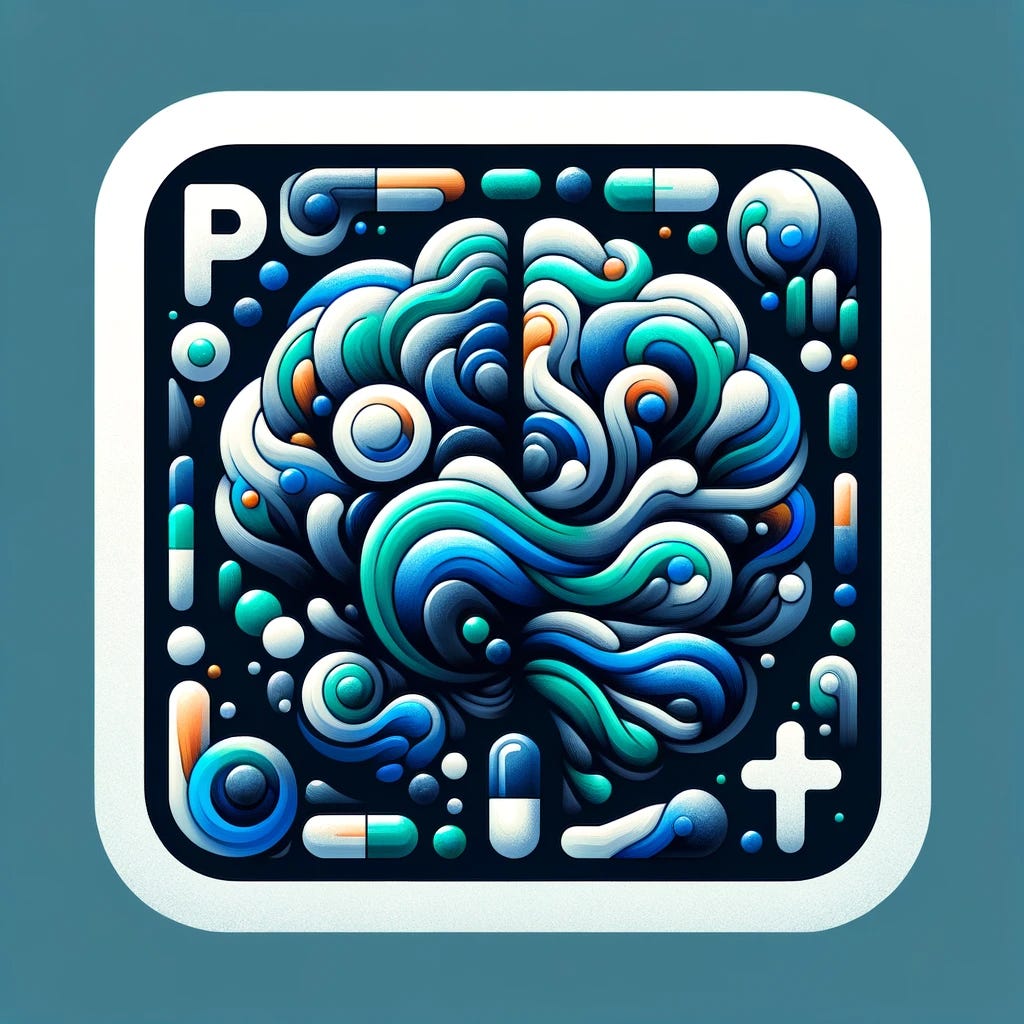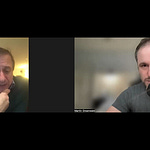It was an absolute pleasure recording the second psychiatry Q&A with
, , , and (at long last!) . We had to record in two parts due to time-zone scheduling, so I’m releasing the Q&A in two parts as well. In part one, I talked with Thomas and Nils, while part 2 was with Gary and Awais. Initially, I planned to splice and merge the two clips into one fancy video, however my editing skills proved woefully inadequate and it ended disastrously (if you know any video editors looking for a little side work, let me know, I’m willing to pay well for good work).Part 2 with Awais and Gary will be out later in the week.
For those who missed our first Q&A, here’s the link:
We hope you enjoy part 2!
Timestamps:
00:00 - 02:50: Introductions
02:50 - 09:30: Question from a psychiatry resident: what responsibilities, if any, do psychiatrists have re: addressing broader social problems in the clinic?
09:30 - 16:20: “Can there be self-awareness in psychosis, or is it always a total break with reality in which someone is totally convinced of their delusional beliefs?”
16:20 - 27:18: Uses/misuses of cannabis for self-medication. The relationship of cannabis to some psychiatric conditions. Assessing the spectrum of risk, and talking to patients about cannabis. Various effects of “medicalization” and “prohibition”.
27:18 - 37:16: How optimistic are we about psychedelics (eg. psilocybin, LSD) for treatment of psychiatric problems? How much of the excitement is hype?
37:16 - 48:00: A reader asks about something Nils, Tommy, and I have been thinking about since medical school: should psychiatry and neurology really be separate specialties? They both deal with the brain and don’t have clear-cut boundaries between the disorders they treat. Should they be combined into one neuropsychiatry specialty? What are the differences between the specialties? How do we understand the scope of psychiatry? If psychiatry deals with “the mind”, is our specialty built around a folk concept (as opposed to nephrologists studying kidneys, which aren’t a folk concept)? What makes a certain condition “psychiatric”?
48:00 - 59:30: What is the relationship between so-called psychosomatic illness (eg. chronic fatigue, psychogenic non-epileptic seizures, POTS, irritable bowel syndrome, fibromyalgia, etc) and other conditions? “Functional disorders” vs. malingering. Psychosomatic problems as a core part of psychiatry.
59:30 - 1:06:11: Question from a resident: is complex-PTSD (CPTSD) basically just borderline personality disorder (BPD) that some people have given a different name in order to reduce stigma?
1:06:11 - 1:14:27: If someone ends up in the ICU from a suicide attempt, do they “automatically” go to a psych unit afterwards? Are we too jumpy and reactive regarding risk of suicide, and are we too quick to hospitalize people who merely express suicidal thoughts?
1:14:27 - 1:24:50: How should someone respond to a family member making paranoid or otherwise delusional statements? Balancing a non-confrontational approach without passively endorsing someone’s delusional beliefs. Avoiding becoming the object of that person’s paranoia.
1:24:50 - 1:35:19: “Why don’t people have the right to refuse psychiatric treatment just as they do with medical treatments?” Discussion of evaluating a patient’s “decisional capacity”. Involuntary treatment in non-psychiatric contexts.
1:35:19 - 1:42:15: From a reader entering medical school next year: why/how did we choose to be psychiatrists?
1:42:15 - 1:48:56: A few rapid fire questions. Thoughts on adding ultra-low dose lithium in the water supply? Are stimulants overprescribed? Has mental health awareness done more harm than good? Do we actually use the DSM in clinical practice? How do you approach working long or odd hours?
1:48:56 - 1:51:42: Some of our favorite psychiatry jokes. Wrapping up.
Stay tuned for part 2 with Awais and Gary later this week!
Links:


















Share this post